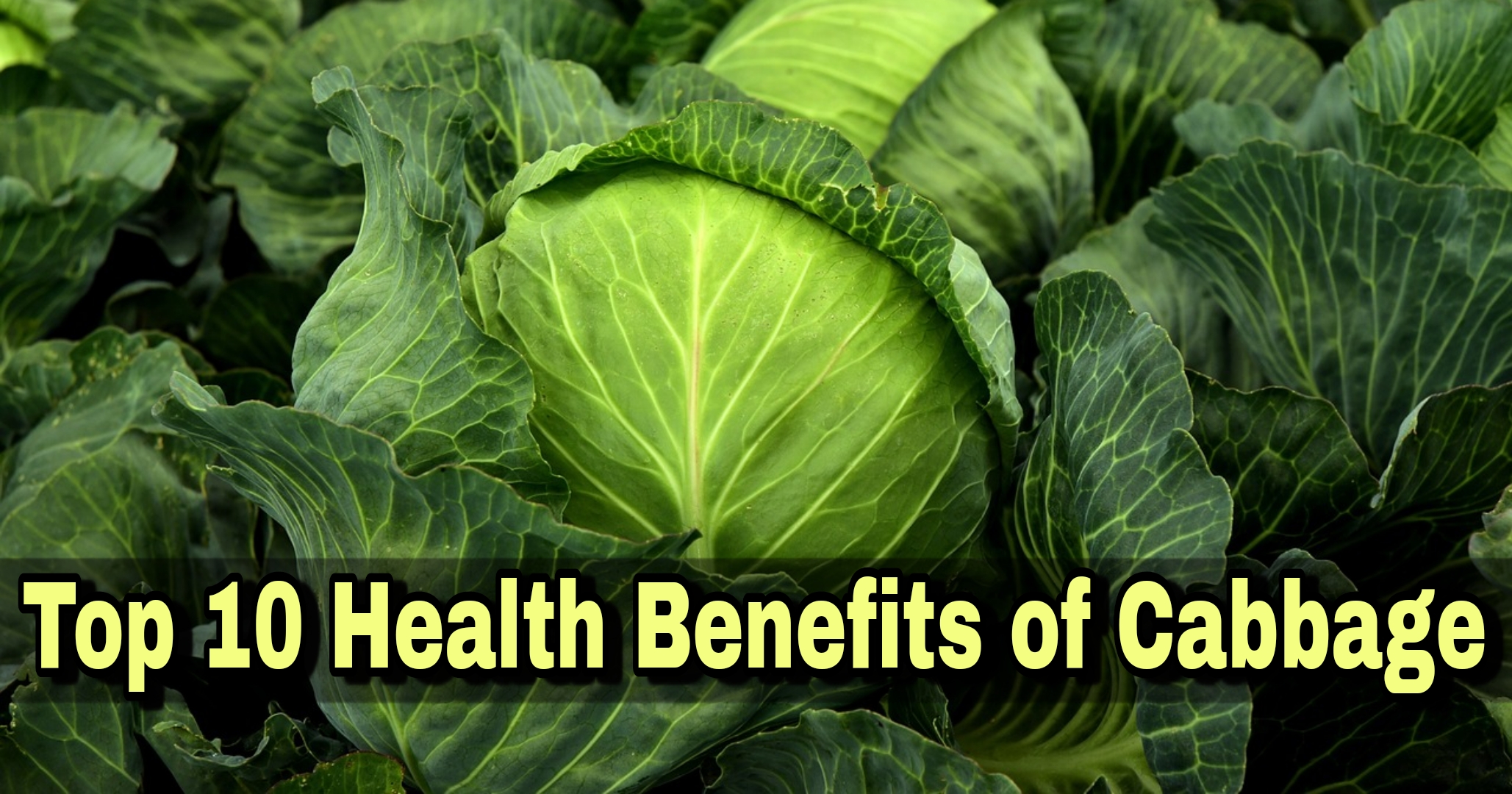Benefits of Cabbage: A Nutritional Powerhouse for Optimal Health
Cabbage is a remarkable vegetable that has been a staple in cuisines worldwide for centuries. This humble cruciferous vegetable is not just a simple side dish, but a nutritional powerhouse packed with incredible health benefits that can transform your overall well-being.

Heart Health Champion
One of cabbage’s most impressive attributes is its ability to support cardiovascular health. Rich in potassium, this vegetable plays a crucial role in maintaining healthy blood circulation and preventing blood vessel blockages. The high potassium content helps regulate blood pressure, reducing the risk of heart-related complications. Additionally, the antioxidants present in cabbage help protect the heart from oxidative stress and inflammation.
Brain Function Booster
Cabbage is a true brain food. Loaded with vitamin K and anthocyanins, it provides essential nutrients that support cognitive function. These compounds are particularly effective in:
– Enhancing brain concentration
– Protecting the nervous system
– Preventing age-related memory loss
– Reducing the risk of neurological disorders
Eye Health Protection
The beta-carotene in cabbage is a powerful ally for eye health. This nutrient helps:
– Prevent macular degeneration
– Reduce the risk of cataracts
– Maintain overall eye health
– Protect against age-related vision decline
Anti-Aging Properties
Cabbage is a natural anti-aging marvel. Its high vitamin C and sulfur content work together to:
– Combat free radical damage
– Protect cellular health
– Slow down the aging process
– Boost collagen production
– Enhance skin elasticity
Weight Loss Support
For those looking to manage their weight, cabbage is an ideal food choice. Its unique nutritional profile offers several weight loss benefits:
– High water content
– Rich in fiber
– Creates a feeling of fullness
– Prevents unnecessary snacking
– Helps metabolize carbohydrates efficiently
Nutritional Cautions
While cabbage is incredibly beneficial, certain combinations and conditions require careful consideration:
Foods to Avoid Combining
– Cucumber (reduces vitamin C absorption)
– Animal liver (diminishes nutritional value)
– Apples (impacts nutrient absorption)
– Mangosteen (increases digestive burden)
Special Considerations
Individuals with thyroid conditions should be cautious. Cabbage contains glucosinolates and goitrin, which can potentially impact thyroid function if consumed in excessive amounts.
Practical Consumption Tips
To maximize cabbage’s health benefits:
– Consume both raw and cooked varieties
– Include in salads, stir-fries, and soups
– Try fermented options like sauerkraut
– Aim for 1-2 servings per week
Conclusion
Cabbage is more than just a vegetable; it’s a nutritional powerhouse that offers comprehensive health benefits. From supporting heart and brain health to providing anti-aging properties and weight management support, this versatile vegetable deserves a prominent place in your diet.

Remember, while cabbage is incredibly nutritious, it’s essential to maintain a balanced diet and consult healthcare professionals for personalized nutritional advice.


I regard something truly special in this internet site.
But a smiling visitant here to share the love (:, btw outstanding style. “Reading well is one of the great pleasures that solitude can afford you.” by Harold Bloom.
Hmm it looks like your website ate my first comment (it was super long) so I guess I’ll just sum it up what I had written and say, I’m thoroughly enjoying your blog. I too am an aspiring blog blogger but I’m still new to everything. Do you have any suggestions for beginner blog writers? I’d genuinely appreciate it.
The next time I read a blog, I hope that it doesnt disappoint me as much as this one. I mean, I know it was my choice to read, but I actually thought youd have something interesting to say. All I hear is a bunch of whining about something that you could fix if you werent too busy looking for attention.
Really Appreciate this update, can you make it so I get an update sent in an email whenever you publish a new article?
I went over this web site and I conceive you have a lot of good info, saved to bookmarks (:.
hi!,I like your writing very so much! proportion we keep up a correspondence more approximately your post on AOL? I require a specialist on this area to resolve my problem. Maybe that is you! Having a look forward to peer you.
Your article helped me a lot, is there any more related content? Thanks!
Your article helped me a lot, is there any more related content? Thanks!
Very well written post. It will be beneficial to everyone who usess it, including me. Keep doing what you are doing – for sure i will check out more posts.